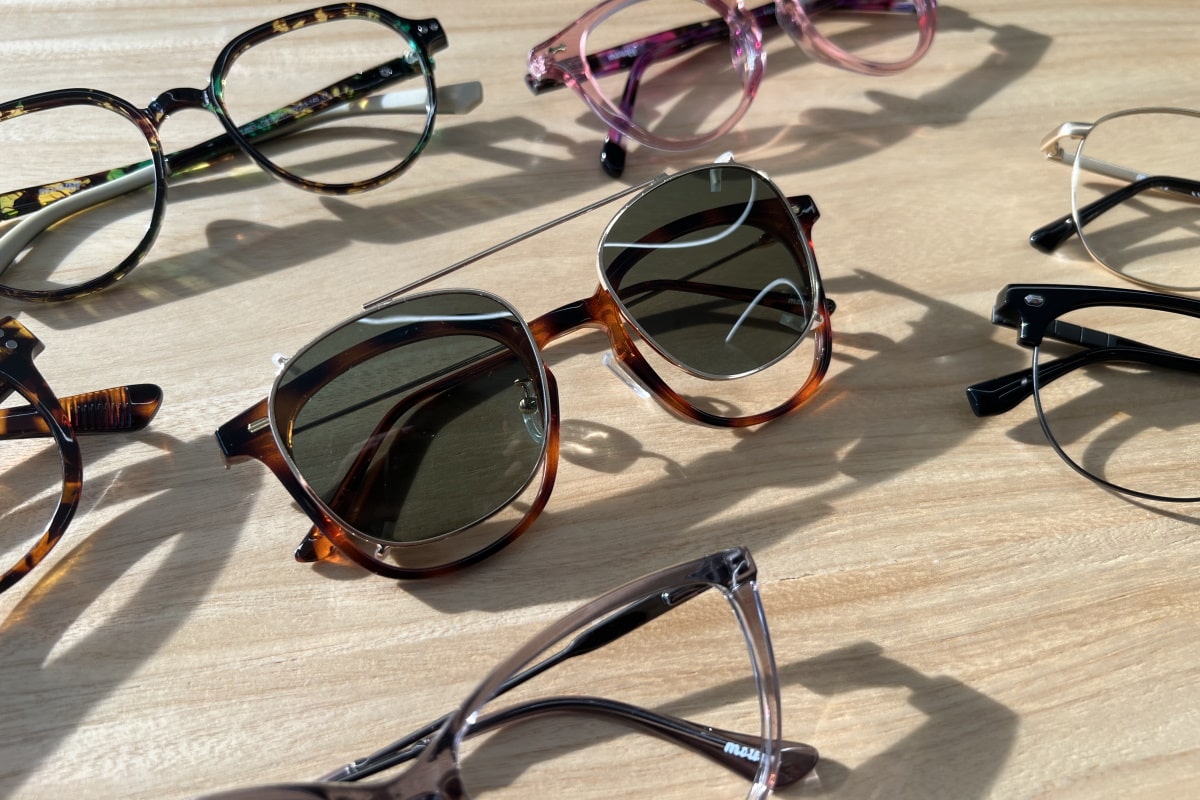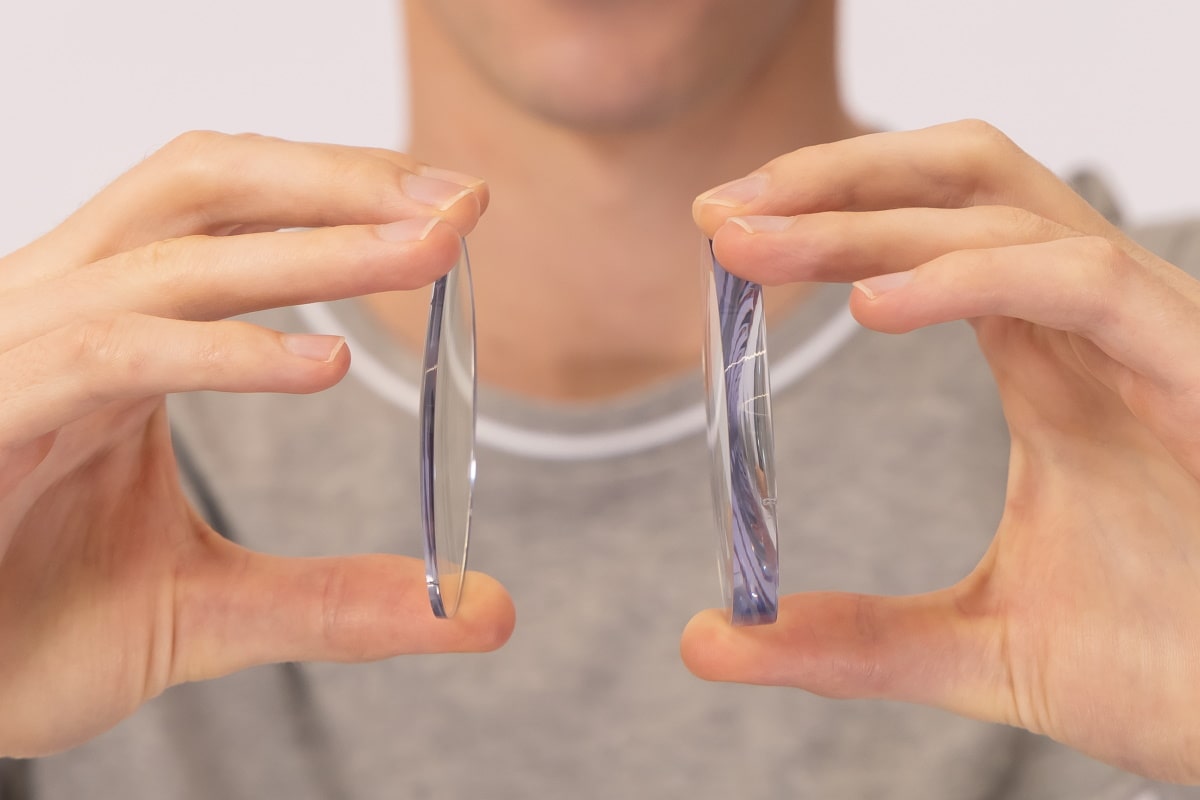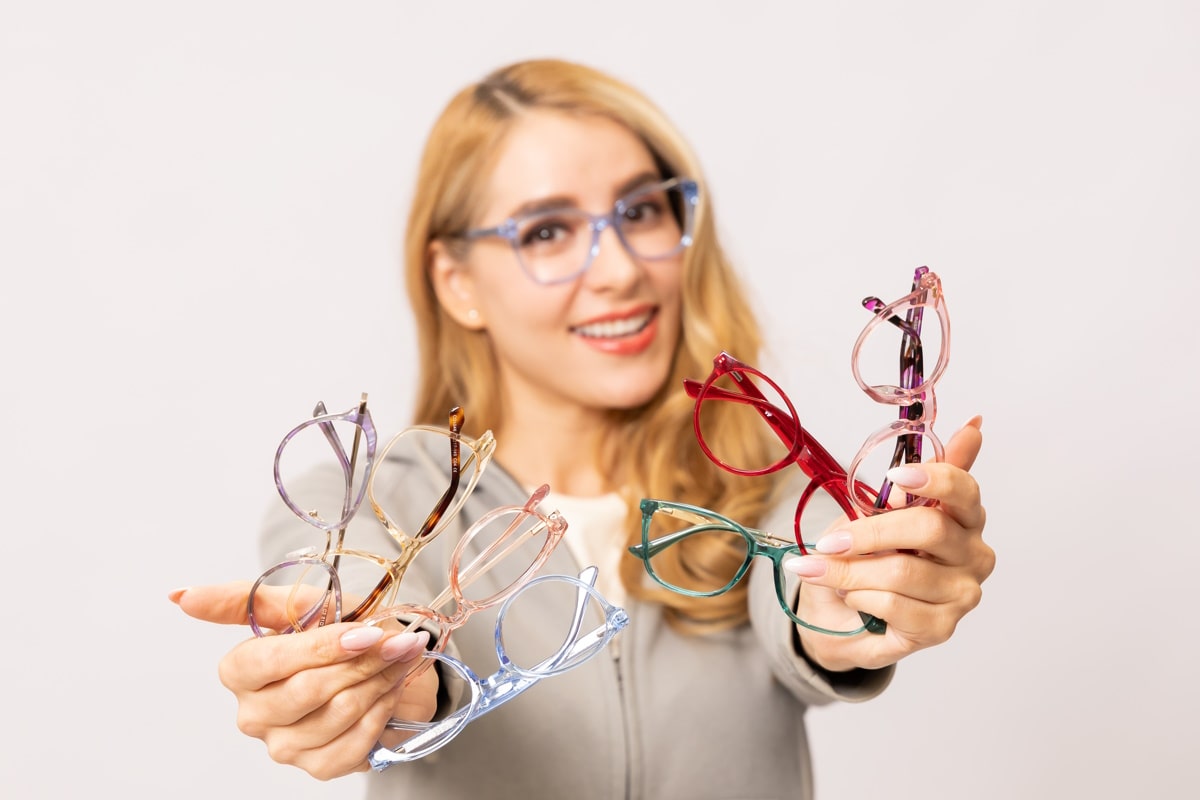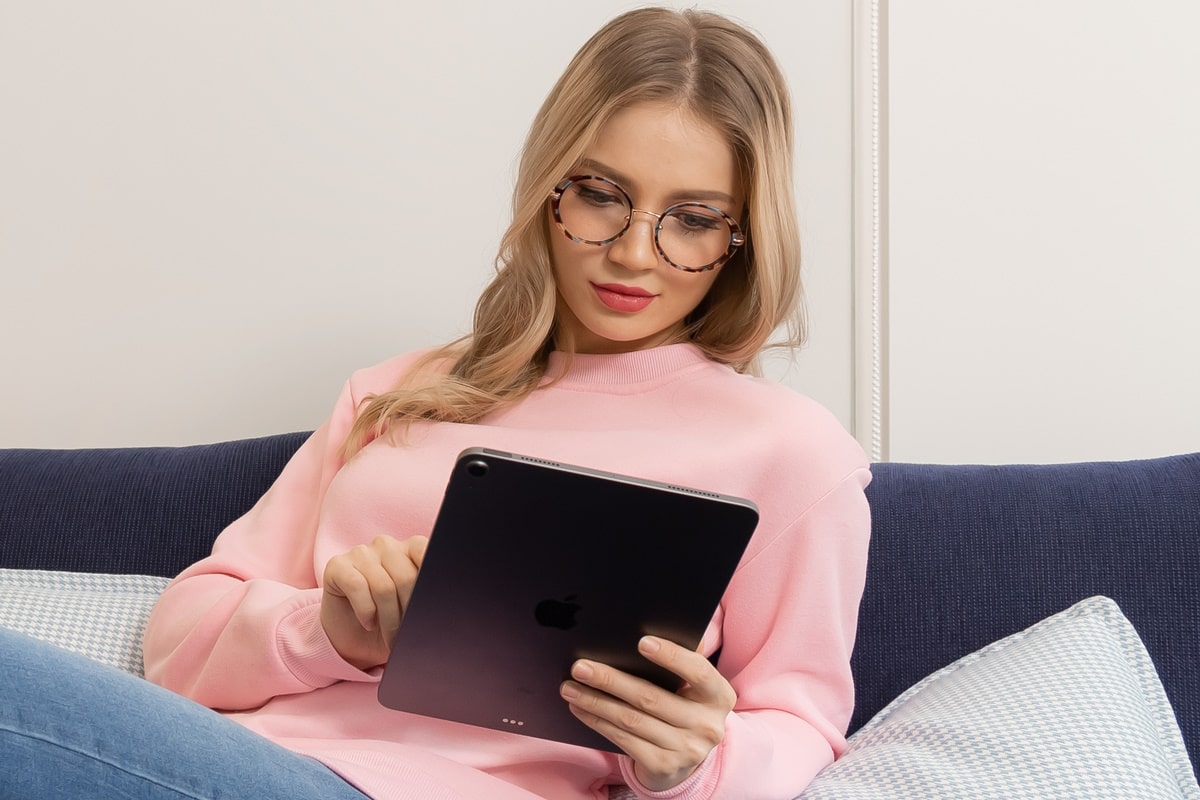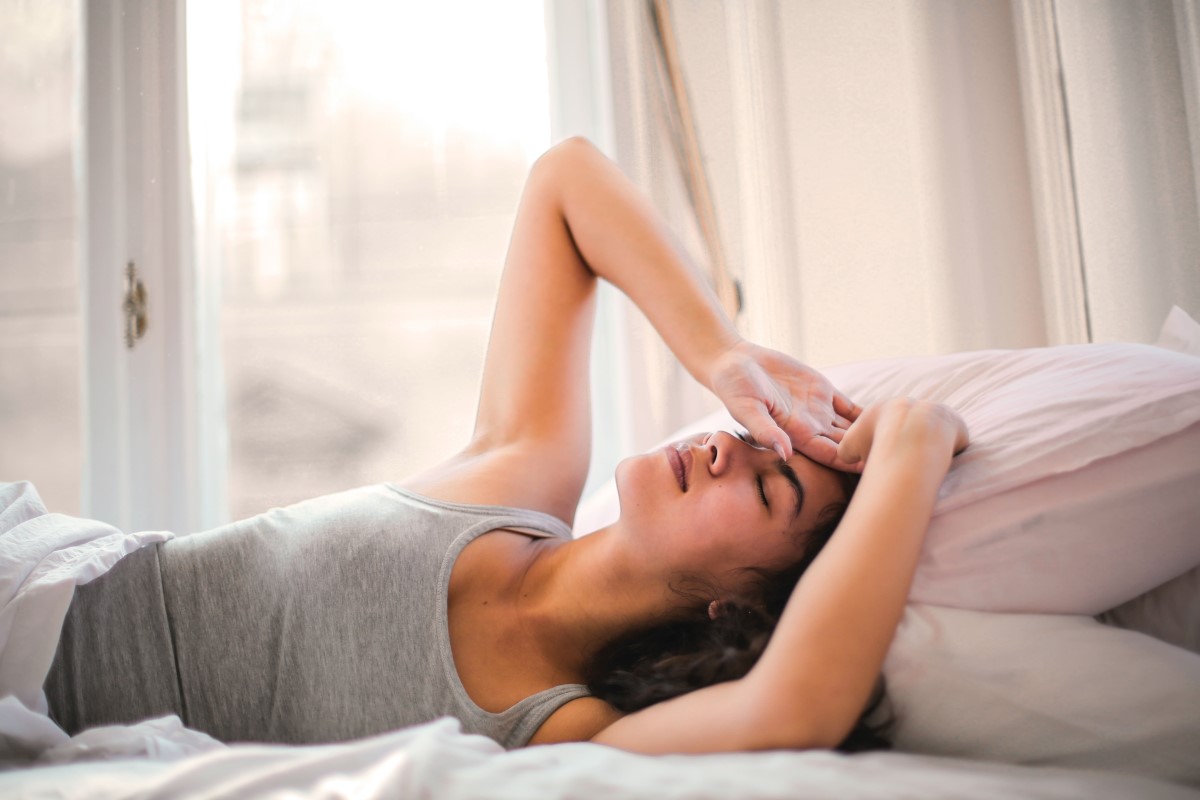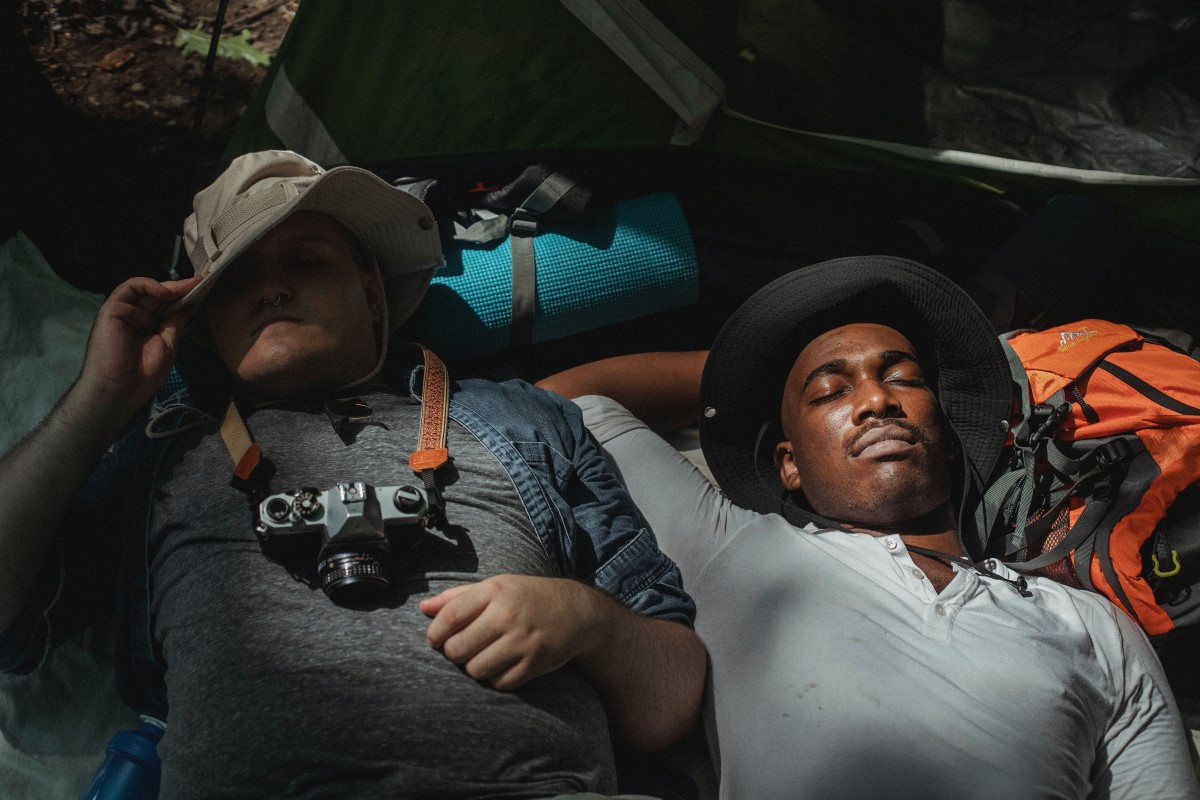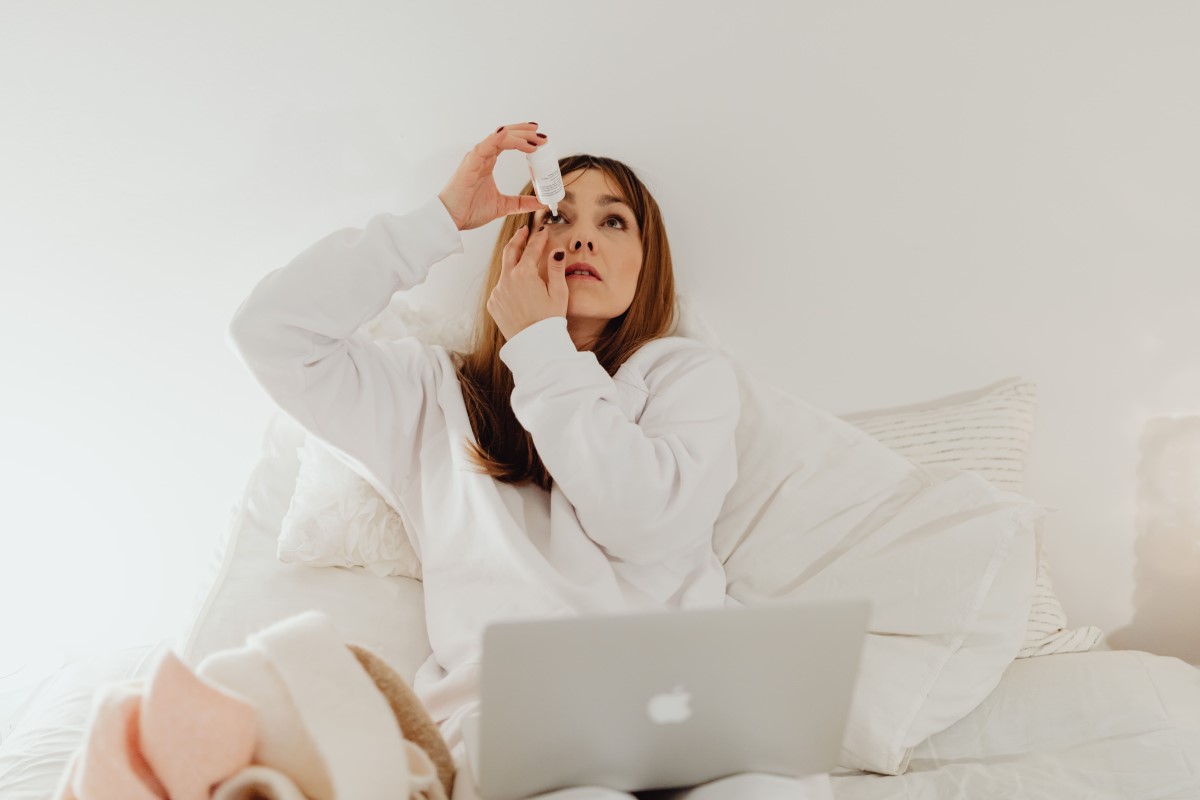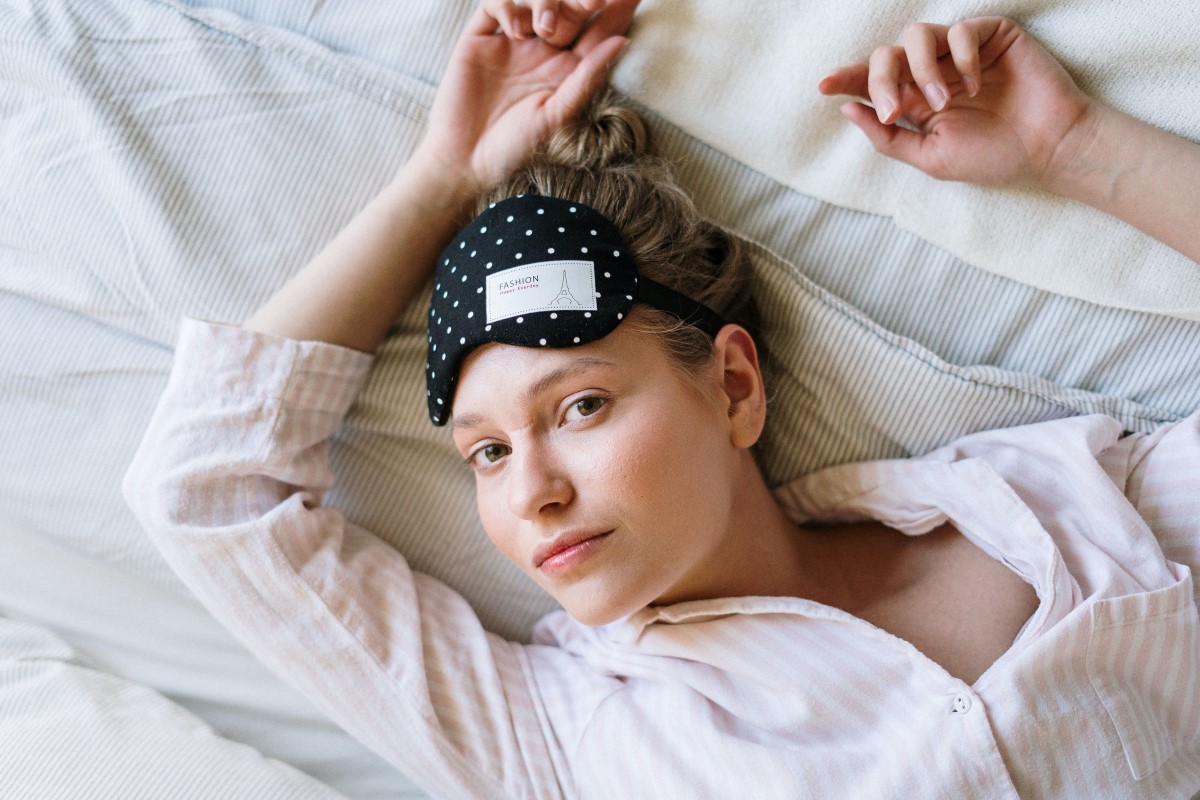Can You Sleep with Your Eyes Open?
Have you ever tried sleeping with your eyes open? Or have you seen someone do it?
Sleeping with eyes open sounds like a bizarre phenomenon. And it can seem a bit creepy.
As you scroll down below, let’s find out how this can be possible.
Sleeping with eyes open: is that even possible?
Contrary to what you might expect, sleeping with eyes open is common. It’s called nocturnal lagophthalmos, the inability to close your eyelids while sleeping fully.
Roughly 20% of people sleep with their eyes open, including babies.[1] So, if you’re part of that statistic, don’t worry; you’re not alone.
So, why do people do this? How does it become possible to sleep with eyes open?
There can be various reasons behind it. Some people might be born with eyelid issues, which limits how much they can close their eyes.
Another potential reason is that you have underlying conditions that affect facial nerves. That includes:
- Stroke
- Serious facial injury
- Surgery
- Bell’s palsy, or sudden weakness in the facial muscles
Certain eye conditions, like Graves’ disease, can also make someone’s eyes bulge out. The situation may make it harder for the eyes to close while sleeping.
Why proper sleep matters for us
Human beings usually sleep with their eyes closed. So, for you to do the opposite can create a detrimental effect on your sleep and overall health. For one, keeping your eyes open can distract the entire sleep cycle.
When you hit the sack, the pineal gland in your brain produces melatonin, a sleep hormone. This first step helps you go to dreamland when the lights go out.
Then, you’ll move through the four stages of sleep: light sleep, deep sleep, REM, and repeat. The REM stage, in particular, causes your eyeballs to move quickly behind the eyelids.
While all these happen, your eyelids will fully close to protect your eyes. And, of course, it’s essential that they stay closed, or else your sleep cycle will get disrupted.
Disrupted sleep can lead to exhaustion, irritability, and difficulty concentrating during the day. If it happens too much, it can lead to chronic sleep deprivation and other health problems. A lack of sleep also increases your risk of accidents and injury.
Treatment options for sleeping with eyes open
Medication
A physician might limit you from using sleeping pills for a while. While these might help you fall asleep, they can also worsen your nocturnal lagophthalmos.
Rather than relying on sleeping pills, your physician might recommend muscle relaxants. They can help the stiff muscles around the eyes relax, finally allowing your eyelids to close in sleep.
Eye drops or ointments
Sleeping with eyes open can have painful consequences. It can dry out your eyes, especially if you sleep like that all night.
So, get yourself a prescribed ointment or eye drops from your eye doctor. Apply them to your eyes before you sleep, so your eyeballs can stay moist and protected throughout the night. These also help your eyelids to stick together gently.
Surgery
In severe cases, surgery might be an option for those who suffer from extreme nocturnal lagophthalmos. The results can vary, depending on what you might need.
For instance, some people opt to expand their eyelids, so they can fully close them while they take a snooze. Others might go for a tiny, weighted implant in the eyelids instead.
Once again, the surgery option is only available with a doctor’s approval.
Behavioral modifications
Aside from taking medical measures, fixing nocturnal lagophthalmos can boil down to your lifestyle habits. Ask yourself, ‘What do you do before you sleep?’
If your answer includes drinking alcohol or caffeine, stop immediately. These little habits can make your sleep quality worse. In turn, it can cause you to sleep with your eyes open.
Other ways to cope if you sleep with your eyes open
Use eye masks or other devices
If your eyes stay open during a nap, help yourself with an eye mask. You can get one in any size or material to ensure it fits comfortably across your eyes. Plus, eye masks look fashionable too!
Opt for something more low-tech, like eyelid tape. You tape your eyelids shut with a piece of first aid tape. Some people also attach tiny gold weights to their eyelids so they stay closed all night.
However, eyelid tape and weights might feel claustrophobic. For the ultimate comfort, you can fold a soft towel and put that on top of your closed eyelids instead.
Try eye exercises and relaxation techniques
Sometimes, all you need is to relax. Try some eye exercises if you find the muscles around your eyes and face stiff.
These can relieve eye strain after a long day at work. Researchers also found that eye exercises can help reduce the effects of presbyopia and other vision problems.[2]
A little bit of gentle massage can also do wonders. You can use your hands or a facial massager to relax and unwind. Start around your brows and temples, then slightly knead outward.
Observe proper sleep hygiene
Sleep hygiene is essential and can help people with nap problems, like sleeping with open eyes.
Here are a few simple steps to start maintaining your sleep hygiene:
- Wear blue light glasses to reduce eye strain, which creates better rest.
- Stick to a consistent sleeping routine.
- Create a relaxing nighttime routine to help your body and brain shut down.
- Limit your caffeine and alcohol intake.
- Avoid large meals right before bedtime.
- Turn off all gadgets that emit blue light right before you sleep.
Join support groups
Lastly, seeking friendly support can make a huge difference. Remember, you’re not alone in experiencing this condition.
Get into support groups for nocturnal lagophthalmos. You’ll find how helpful it can be to talk with people in the same boat and share tips and tricks on dealing with your condition.
Sleeping with eyes open can have painful consequences
While it might initially seem odd and trivial, sleeping with your eyes open can be risky for your health. In some cases, it can lead to drastic measures like eyelid surgery.
So, at the first sign of this condition, get medical attention as soon as possible. If you enjoyed reading this article, check out more content like this on Mouqy’s blog.
References
- “Sleeping With Your Eyes Open”, SleepFoundation.org
- “Eye Exercises Enhance Accuracy and Letter Recognition, but Not Reaction Time, in a Modified Rapid Serial Visual Presentation Task”, Di Noto P, Uta S, DeSouza JF. (2013)

Written by:
Jamie Mendiola

